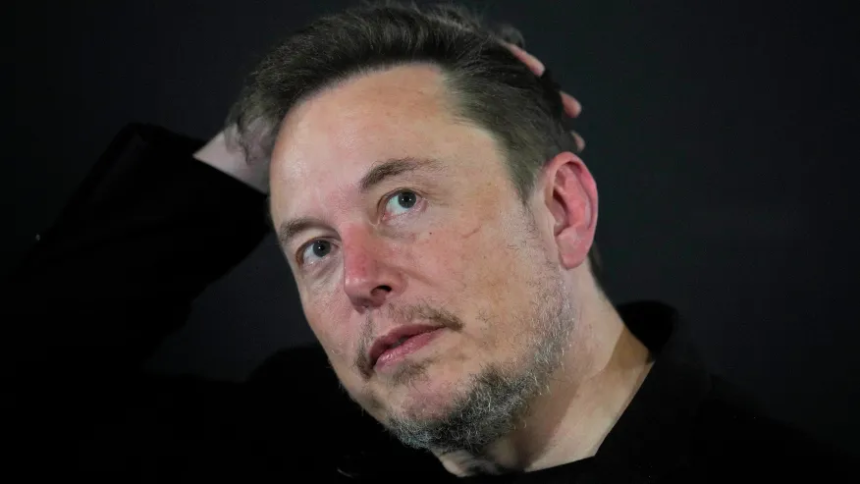- OpenAI dismisses Elon Musk’s claims, revealing he contributed less than $45 million in funding.
- Disagreements arose over transitioning to a for-profit structure to secure funding for AGI development.
- The legal battle between Musk and OpenAI could significantly impact the future of AI.
Musk’s influences on OpenAI
OpenAI, the most valuable AI startup, has responded to Elon Musk’s recent lawsuit, dismissing the claims made by the billionaire entrepreneur.
In a blog post authored by the entire OpenAI band, the company revealed that since its inception in 2015, Musk had contributed less than $45 million in funding, despite his initial commitment to provide up to $1 billion.
The startup also secured more than $90 million from other donors to support its research efforts. OpenAI’s response follows Musk’s lawsuit, which alleged that the company had breached its original contractual agreements by pursuing profits instead of its founding mission to develop AI that benefits humanity.

Disagreements over a for-profit structure
OpenAI asserted that as it recognized the need for vast computational resources to develop artificial general intelligence (AGI), it became clear that transitioning to a for-profit structure was essential to secure the required funding.
This realization led to disagreements between Musk and other co-founders, OpenAI wrote in the blog post, which includes five email exchanges between Musk and OpenAI executives. Musk wanted OpenAI to merge with Tesla or have full control, but ultimately left the company, stating that he would create a relevant competitor to Google/DeepMind himself.

OpenAI maintains that its mission is to ensure AGI benefits all of humanity, which includes developing safe and beneficial AGI while promoting widespread access to its tools.
The high-stakes legal battle between Musk and OpenAI could have far-reaching implications for the future of AI, potentially impacting the direction and pace of AI development and the balance of power among key players in the industry.









